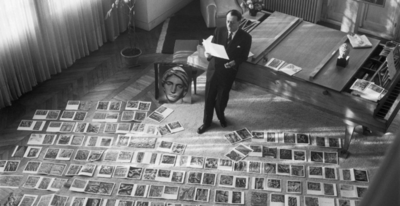CrashTestStudent: Difference between revisions
No edit summary |
|||
| (14 intermediate revisions by 2 users not shown) | |||
| Line 1: | Line 1: | ||
Back to base: | |||
https://pzwiki.wdka.nl/mediadesign/Methods_lens-based | |||
[[File:AndreMalrauxs1950.png|400px|thumb|left|André Malraux's "The imaginary museum" from 1950. Image: Krauss, Rosalind: Das Schicksalsministerium, In: Wolf, Herta (Ed.): Paradigma Fotografie-Fotokritik am Ende des fotografischen Zeitalters. Bd. 1. Frankfurt/Main: Suhrkamp Verlag. 2002, p. 395.]] | [[File:AndreMalrauxs1950.png|400px|thumb|left|André Malraux's "The imaginary museum" from 1950. Image: Krauss, Rosalind: Das Schicksalsministerium, In: Wolf, Herta (Ed.): Paradigma Fotografie-Fotokritik am Ende des fotografischen Zeitalters. Bd. 1. Frankfurt/Main: Suhrkamp Verlag. 2002, p. 395.]] | ||
==Methods== | ==Methods== | ||
| Line 13: | Line 17: | ||
==Notes and other things that interest me== | |||
[[CTNotes]] | |||
==Eye Project== | |||
[[CT Student Eye Project]] | |||
I think I will move the interview I did today into this section | |||
==About Me== | |||
[[ | [[File:CrashTestStudent.jpg|400px|thumb|left|Here is a picture of me on my way to class. I like to smoke, talk on the phone and drink coffee whilst driving.]] | ||
Back to base: https://pzwiki.wdka.nl/mediadesign/Methods_lens-based#Session_two | Back to base: https://pzwiki.wdka.nl/mediadesign/Methods_lens-based#Session_two | ||
Latest revision as of 13:39, 27 September 2023
Back to base:
https://pzwiki.wdka.nl/mediadesign/Methods_lens-based
Methods
Thematics & Self-directed Research
CT_Thematics_Self-Directed_Research
Notes and other things that interest me
Eye Project
I think I will move the interview I did today into this section
About Me
Back to base: https://pzwiki.wdka.nl/mediadesign/Methods_lens-based#Session_two


